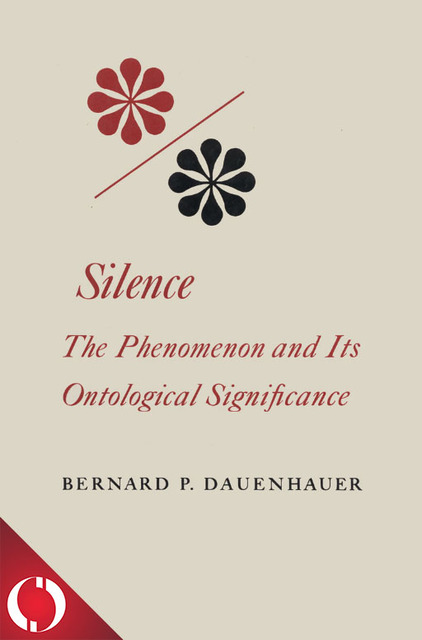Silence
The Phenomenon and Its Ontological Significance
Silence, as poets and thinkers in every age have realized, is not the mere absence of something else. It is a complex, positive phenomenon that occurs in language, in music, and in mime. Bernard P. Dauenhauer offers an original, comprehensive, and explicitly phenomenological analysis of silence in all its aspects. In the first part of the study the author describes the various kinds of silence, explores the relationship of silence to different types of discourse (political, artistic, moral, religious, and technological), and presents an intentional analysis, delimiting the essential characteristics of silence. Testing his insights against the thought of other philosophers who have considered the meaning of silence–notably Heidegger, Hegel, Husserl, Sartre, Derrida. and Merleau-Ponty–Dauenhauer, in the second part of the book, constructs an ontological interpretation of the signifi- cance of silence. The synthesis that emerges demonstrates the complexity of silence and its important role in a broadly conceived philosophy of language.

Table of Contents
Metadata
- isbn978-0-253-05124-0
- publisherIndiana University Press
- publisher placeBloomington, Indiana USA
- restrictionsCC-BY-NC-ND
- rightsCopyright © Trustees of Indiana University
- rights holderIndiana University Press
- rights territoryWorld
- doi
We use cookies to analyze our traffic. Please decide if you are willing to accept cookies from our website. You can change this setting anytime in Privacy Settings.


